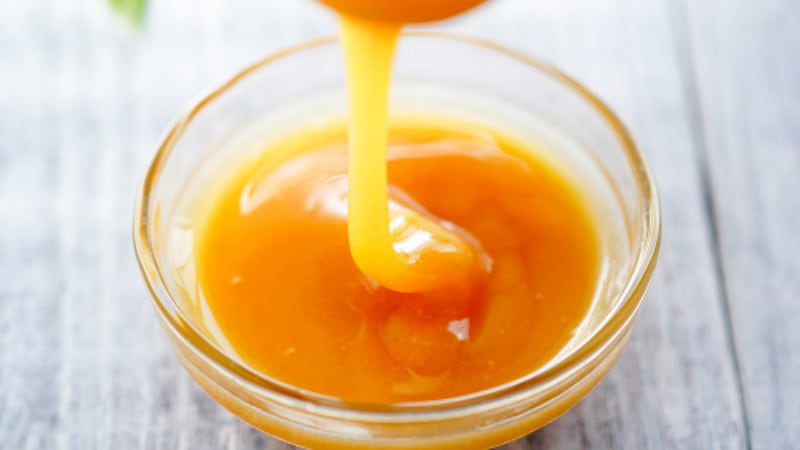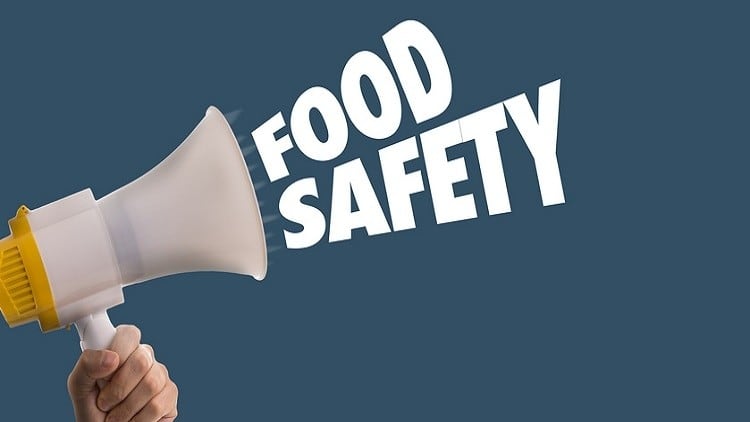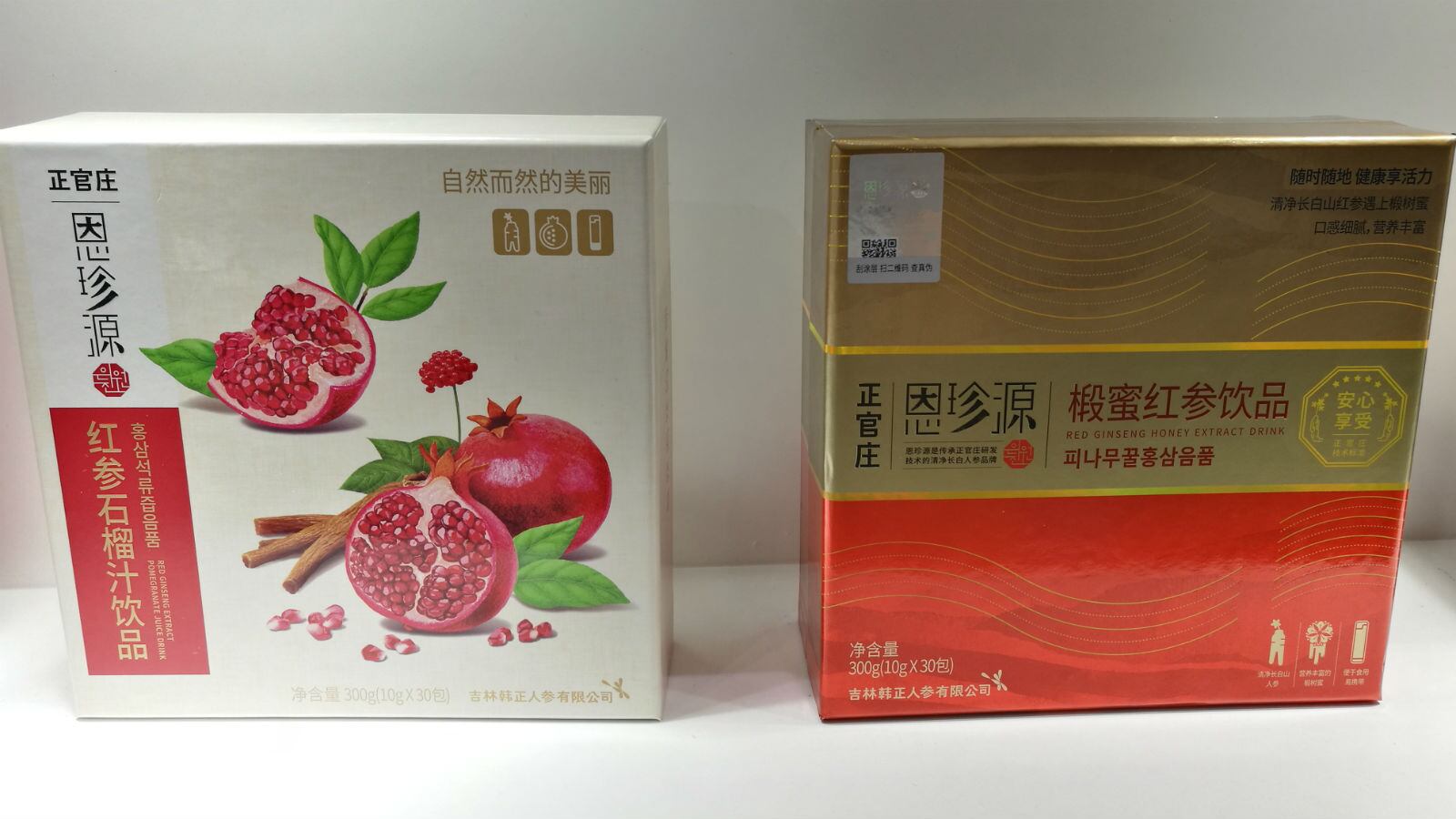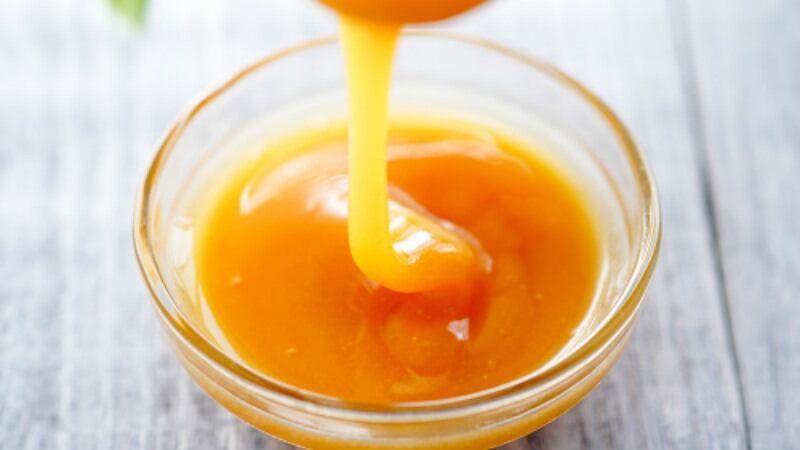Although this battle has been waged before, such as in the United Kingdom (where New Zealand successfully won a bid to register manuka honey for certification trade, a decision now being appealed by Australia), the situation over trademarks in China arose earlier this year in September.
Manuka honey is prized for its supposed antibacterial properties, and one kilogramme could sell for up to some A$400 (US$275) in China.
According to Sydney Morning Herald, New Zealand Food Safety had written a letter supporting the Manuka Honey Appellation Society’s (MHAS) bid to the Beijing Intellectual Property Court to trademark the term ‘manuka’, potentially closing Australia’s doors to a potential billion-dollar market.
“MHAS and all major industry representative bodies [strongly] believe that the China CTM [certification trade mark] application is a rare opportunity to secure the China manuka honey market for all New Zealand producers through exclusive ownership and control over the CTM,” said the agency.
This was followed by an announcement by the New Zealand government that the country’s Provincial Growth Fund for regional economic development would be supporting this bid to the tune of NZ$5.71mn (US$3.64mn).
According to the fund website, these funds were to ‘ensure that the term ‘Mānuka honey’ is protected around the world for all New Zealanders, as a term representing Mānuka honey from New Zealand’.
New Zealand Minister for Regional Economic Development Shane Jones was much more accusatory over the claims, saying that Australia was ‘trying to promote [itself] as the owner of the mānuka honey brand’ and this needed to be stopped.
“That is wrong culturally, that is a type of economic larceny. [The] most important thing for myself with the mānuka investors and the mānuka players is to ensure that no other country can filch and essentially steal,” he told RadioNZ.
MHAS spokesman John Rawcliffe added a claim that DNA markers have shown Australian and New Zealand manuka to be significantly different.
“To put it bluntly, they (Australia) are misleading the consumer by calling all those other species Mānuka. [It’s] like calling every dog a dingo, [it’s] just a ridiculous argument,” he said.
“[Australia has] unique honey, they have a unique position, instead of borrowing off of New Zealand's position they can develop their own. So in the medium to long term it is very beneficial to the Australian honey industry [too].”
The resistance
However, Australia clearly does not share this sentiment. Australian Manuka Honey Association Chairman Paul Callander told Reuters such a ban would cost the Australian industry another 10 years in brand recognition building.
“This is a major trade issue and the [Australian] Department of Agriculture and the Department of Trade have got to get involved [just like the] New Zealand Government is involved,” he said.
The Australian government has so far remained silent on the dispute despite earlier reports that Australian Minister of Agriculture Bridget McKenzie had pledged to ‘continue to back Australian Manuka Honey producers in every way possible’.
Interestingly, some Maori groups in New Zealand also do not support the trademarking of the term, either due to concerns that such a move would require extra certification and royalties to be paid or simply because they felt that no boundaries had been overstepped by the use of the term.
One of the major bases for New Zealand’s claim to ‘manuka’ is that the term itself is the Maori name for the Leptospermum Scoparium plant from which the honey is obtained, but according to Maori Research Institute CEO Tom Walters, some differences exist here.
“If the word is spelt without a macron (mānuka) and/or without the double A (manuka), it's a meaningless word [to the Maori], meaning anyone can use it,” he told Newshub.
MHAS attempts to trademark manuka internationally have previously been rejected by the European Union and the United States intellectual property offices, though successful in the United Kingdom.





